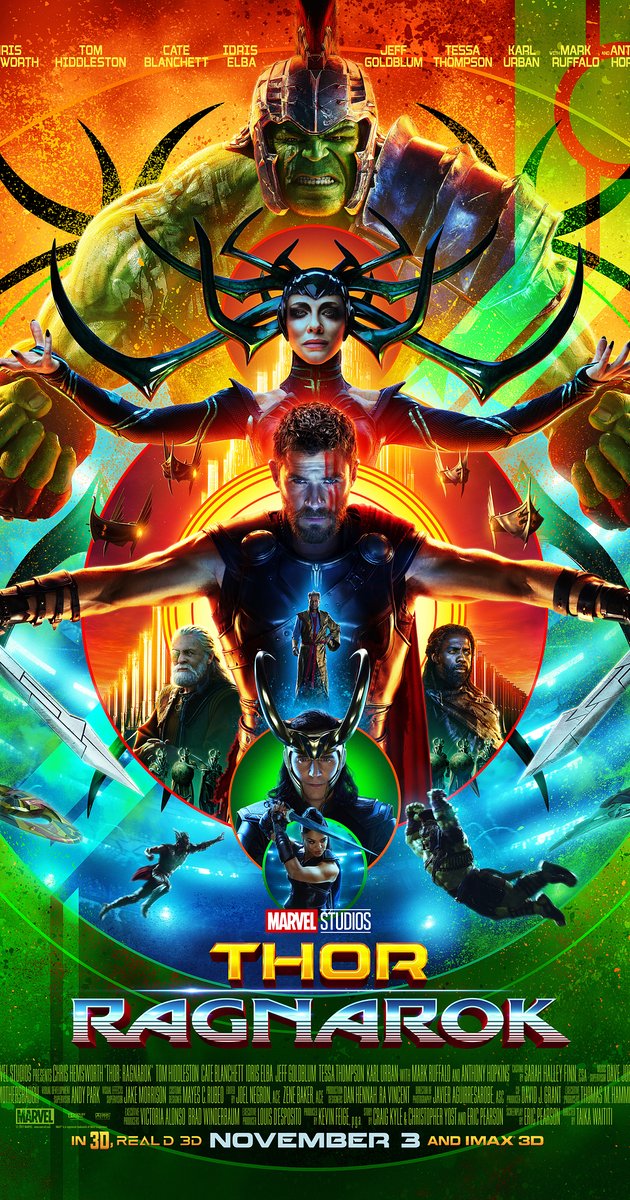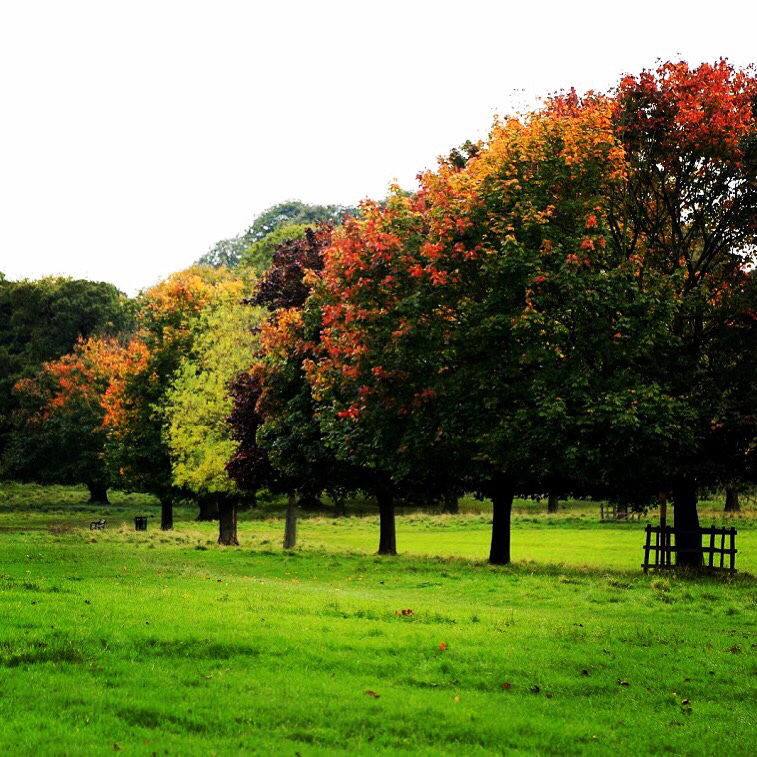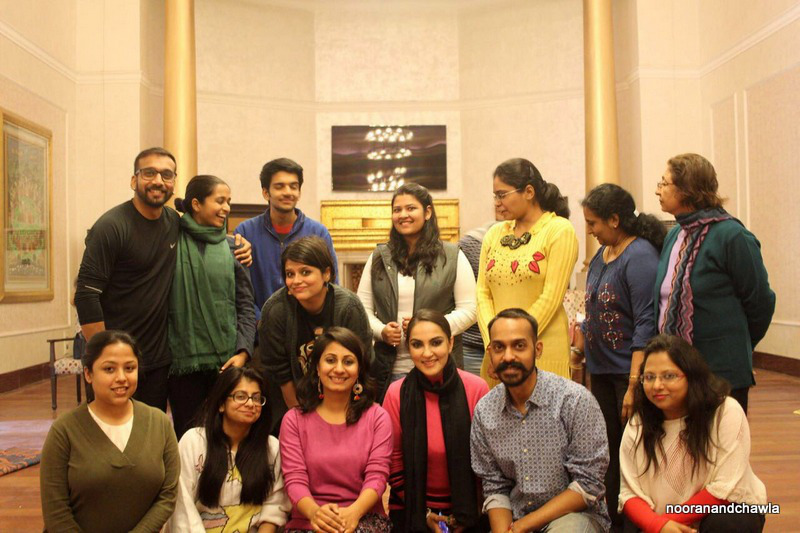
Disclaimer: prepare yourself for some heart-on-the-sleeve gushing.
HP Lovecraft, arguable big daddy of one vein of weird fiction, is known for a lot of things – unfettered racism and a discernible lack of female characters among them – but sheer breathtaking magic that warms the heart and gets it racing at the same time isn’t exactly one of them. With The Dream-Quest of Vellitt Boe, Kij Johnson takes Lovecraft’s Dreamland setting and reinvents it with so much skill that I could genuinely, and without a sliver of hyperbole, cry.
Especially in light of recent dramas directed at the weird fiction community, there’s a certain amount of baggage that comes with expanding – and especially subverting – Lovecraft’s universe. Personally, I’m all for it. First, old HP’s flaws and prejudices can’t just be ignored, and they can still be addressed while appreciating the more positive elements of his work. And second, the very act of recalibrating Lovecraft’s seminal universe with a more diverse and inclusive world in mind has given us some absolute gems over the past few years, including but not limited to Victor LaValle’s The Ballad of Black Tom (which I reviewed here), and Matt Ruff’s Lovecraft Country. What Ruff and LaValle’s works did for African American characters in a Lovecraftian universe, Johnson’s does for strong female characters.
Set in the Dreamlands introduced in Lovecraft’s short story, The Dream-Quest of Unknown Kadath, Johnson’s busy novella follows Professor Vellitt Boe, who teaches at the Ulthar Women’s College. After Clarie Jurat, a student and the daughter of one of the university’s trustees, runs away with a dreamer from the waking world, Vellitt is tasked with retrieving her, on a journey that will span the depths and heights of the Dreamlands in all their magical and treacherous variety.
To be honest, it’s been a while since I read Kadath, or any of Lovecraft’s other Dreamlands-set stories, so my memory of such wasn’t exactly fresh when I dove into Johnson’s novella. Thankfully, prior knowledge or context is far from necessary; there are some fun references to Lovecraft’s original stories here, but both die-hard fans and those to whom names like Randolph Carter and the Plateau of Leng are utterly unfamiliar will enjoy this story just as much.
Setting the bulk of the novella in the Dreamlands themselves allows Johnson to give it a fresh flavour while maintaining most of Lovecraft’s established geography and mythos. But these never impinge on or shape the story Johnson is trying to tell. The narrative’s borders do expand as we follow Vellitt Boe’s perilous journey, but despite the sense of growing danger and the bitter scheming of elder gods, her quest keeps all those unspeakable, madness-inducing elements in the peripheries.
Vellitt Boe’s 55-year-old female protagonist provides a unique and utterly engaging perspective; in her younger days she was a fervent adventurer, trekking across most of the Dreamlands, coming face to face with danger and wonder both. As an older woman engaged with retrieving one of her students, she might be a little less physically up to scratch, but she’s just as capable and much wiser than her more free-wheeling younger self as she retraces some of her earlier footsteps. Her age works on both a practical level and a philosophical one, giving her the tools and agency to navigate the dangers, monstrous or human, that she encounters on her journey.
To say this is a book about female empowerment is too reductive. It absolutely is a book about female empowerment, and Johnson addresses the failings of Lovecraft’s original Dream-Quest in ways both direct and subtle, but that’s not the be-all and end-all of it.
There’s a freshness to Vellitt Boe’s journey, a kind of fragrance that places it somewhere between a fairy tale and a fantasy adventure. It moves at a wonderful pace and fits in a lot for its short length. It’s also a fun, and – unlike old HP’s work – heart-warming story. All of this sets Johnson’s book apart from Lovecraft’s work, despite the shared setting and mythology. There’s a distinct lack of horror or sense of cosmic indifference – at least in the usual Lovecraftian sense – and as much as I enjoy those things in a lot of fiction, Johnson’s choice to remove her work from that was an inspired decision. It stills thrills and terrifies often, but without the sense of inescapable doom that hounds Lovecraft’s thinly-drawn characters.
Instead we get a book that celebrates the depth of human perseverance, wit, and experience, and the things we carry with us as we age.
Ultimately, there aren’t enough adjectives in the world to properly encapsulate how I feel about this book. It’s one of my favourite books of the year, if not decade, and it has one of the most resonant and beautiful and thrilling endings to a story I think I’ve ever read. What it ends up being about is something so far removed from Lovecraft’s original stories that it renders its inspiration almost unrecognisable, because for all its magic and wonder, for all its deft fantastical elements and beautiful dream-logic, The Dream-Quest of Vellitt Boe is about people, in all their fallible and unique incarnations.
As one character says to the protagonist: “Some people change the world. And some people change the people who change the world, and that’s you.” Vellitt Boe might be the latter, but with her writing, Kij Johnson is undoubtedly the former.
Advertisements Share this:





